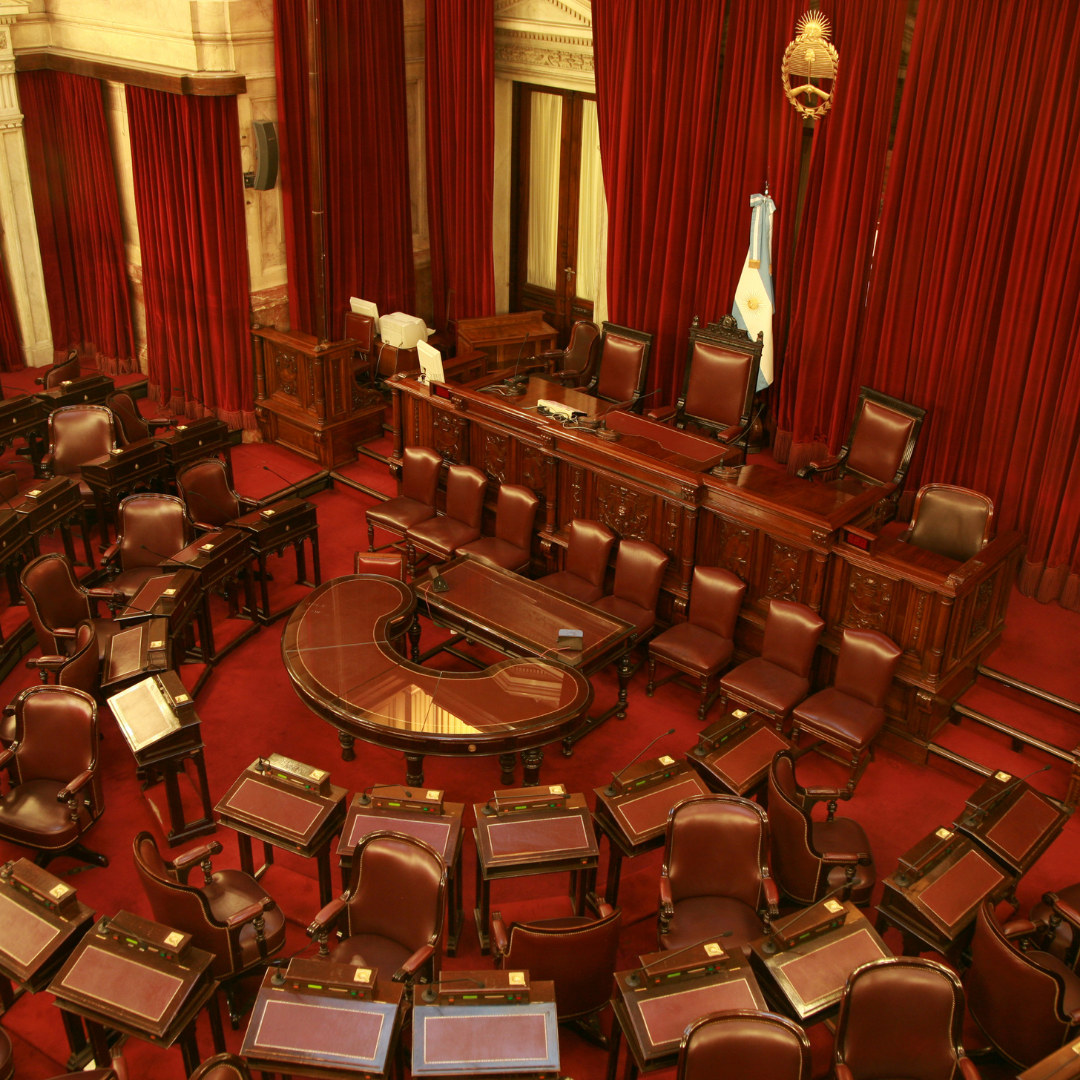Those looking to get their Massachusetts Cannabis License received some good news last week. The Massachusetts House voted 153-2 on May 18 for a bill that will lead to cannabis cafes, alleviate the crackdown on local marijuana fees, and boost social equity programs.
Legislators believe these major reforms to the state’s cannabis laws will help with the implementation of large changes to benefit cannabis businesses, consumers, and supporters of cannabis products.
This news is a follow-up to the legislation passed by the state Senate in April, after Massachusetts recreational cannabis sales surpassed $3 billion. Some of the changes that took place include cities being allowed to host cannabis cafes, with portions of cannabis tax revenue now being given to social equity applicants. New local fees adjustments will help ease the state tax burden, while also assisting small cannabis businesses, and making it easier to erase old cannabis criminal charges.
House Speaker Ron Mariano said he hoped the new cannabis bill would “create a fair and successful cannabis industry, fostering equitable opportunities to those disproportionately impacted by the systemic racism of historic drug policy.”
A final version of the new bill will hopefully be sent to Governor Charlie Bakers later this summer.
What’s next for the House and Senate?
The next major issue awaiting clarification is what portion of revenues from the Massachusetts cannabis state tax (10.75%) will be set aside for social equity applicants, especially in communities hit hardest by drug arrests. Only 23 out of 253 Massachusetts cannabis-licensed businesses are owned by members of the Cannabis Control Commission’s economic empowerment and social equity programs. It is thought that a significant portion of the cannabis state tax revenue will go towards businesses affected by the war on drugs.
According to the Department of Revenue’s statistics at the end of April, Massachusetts collected nearly $125 million in recreational excise taxes this fiscal year, which ends in July. Due to a recent amendment that increased the 15% tax stake to 20%, $25 million would be available for businesses affected negatively by the war on drugs.
The House & Senate versions of the Legislation (Similarities & Differences):
After years of operators and applicants complaining about high fees in the contracts, both versions of the bills will help reduce the negative effects of the fees on local community businesses. This will be achieved by requiring cities and towns to document the impact of these high fees. The Cannabis Commission can then subsequently reject the deals if they require excessive payments.
The House and Senate versions of the new legislation differ slightly, in terms of reform host community agreements, and the contracts cannabis operators must sign to win a state license. The House bill allows the Cannabis Control Commission only 45 days (instead of the usual 120) to review the applications, while banning local fees on businesses after they’ve been opened for at least 5 years.
“The key issues for cities and towns include making certain the final version of the legislation doesn’t interfere with existing host community agreements, and ensuring communities can collect adequate community impact fees going forward,” said Geoff Beck, the association’s executive director, to the Globe. Reducing or eliminating fees, he added, “could be a disincentive for additional communities to accept cannabis establishments.”
The House bill also includes a provision that will make it easier for people with past cannabis convictions to clear their criminal records permanently.
Another significant advantage for licensed cannabis businesses in Massachusetts is the ability to deduct expenses from state tax bills that cannot be deducted from their federal taxes.
Many advocates and businesses, including Massachusetts Business Association president David O’Brien, agree these changes were well overdue.
“By providing start-up capital, empowering the [cannabis commission] with proper oversight of greedy municipalities, and allowing cannabis operators to deduct normal business expenses, entrepreneurs will now be able to pursue their dreams of starting a small business, with fewer barriers in their way”, O’Brien said.
How we can help:
The new bills passed by the Massachusetts House & Senate introduced upcoming changes that will be extremely lucrative for supporters, customers, and businesses in the state.
If you’d like to learn more about how you can obtain a cannabis license in Massachusetts, contact us at 1-866-508-2037, or by email at info@cannabislicenseexperts.com.
We are happy to help provide you with compliance information and support to obtain licensure in Massachusetts faster and successfully.


